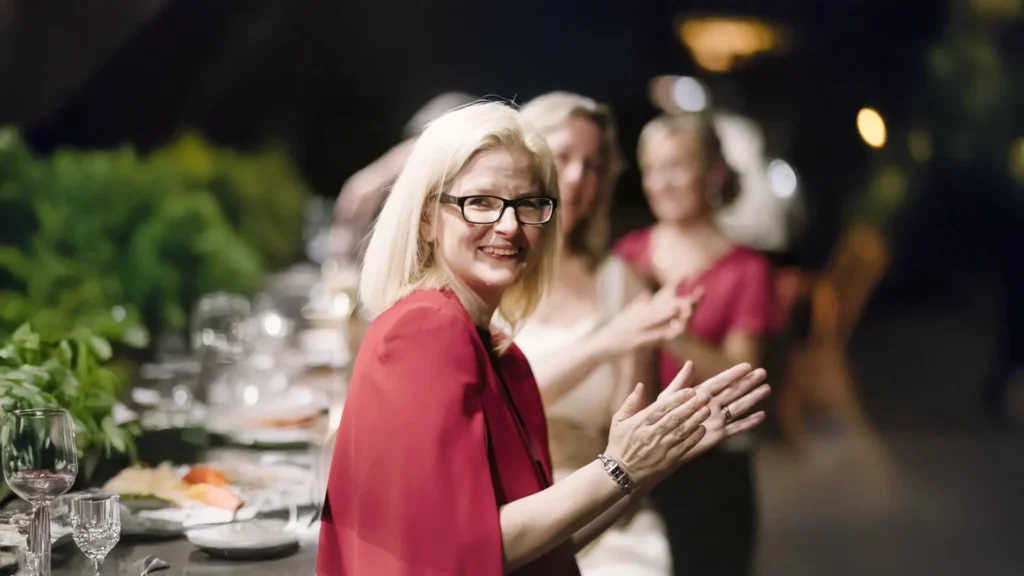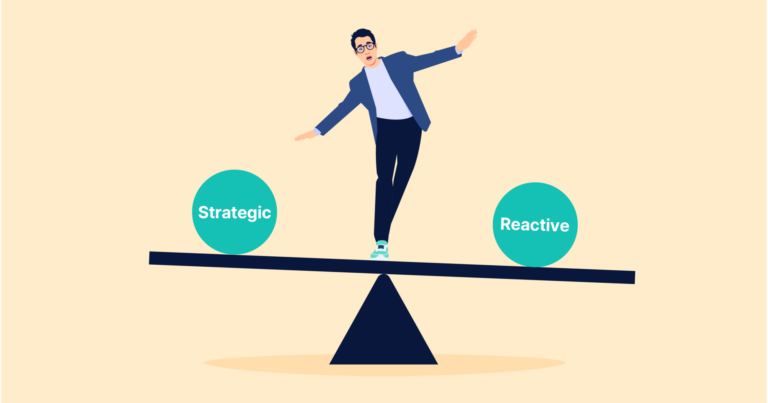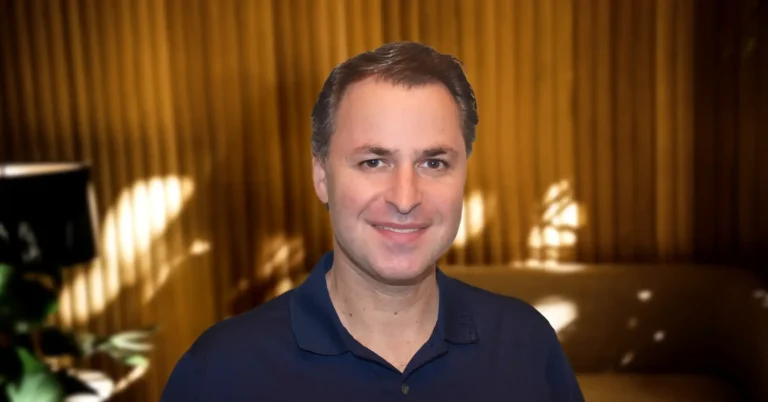
What values, goals and achievements do we, and should we, celebrate in the legal profession?
This question got me thinking recently after having the privilege of being named as a finalist for several legal awards, including winning the Law Society of NSW, Lawyer of the Year Highly Commended Award in December 2024.
When I first started out as a junior lawyer (many years ago!) I followed the traditional path of clerkship at a top tier law firm. Back then, achievement and recognition had a simple correlation with two things: the number of billable hours logged, and the size and number of deals made. This limited view of success is finally changing – and it’s long overdue.
While billable hours are a thing of the past for in-house lawyers (all of whom are delighted not to have to record their time anymore, myself included!), there is no doubt that success is, quite rightly, increasingly measured by the ability of lawyers to contribute to the strategic objectives of the business. Delivering on big projects, closing ambitious M&A deals and achieving technological advancements are all examples of success that are here to stay.
Indeed, to succeed in-house, lawyers have had to adapt their advice to make it commercial, pragmatic, and aligned with company objectives. There is no benefit in lawyers providing 20 pages of advice and recommending the safest legal option when that option is not pragmatic and the business has an appetite for risk. Instead, we justifiably celebrate lawyers who speak in a way that the business understands, who have become thoroughly acquainted with the business and its key risks, opportunities and financial drivers, and who are hence able to apply legal knowledge in a way which is practical, proactive and solution based.
However, today the definition of success is becoming broader, and it is a delight to see a wider range of values and skill sets gaining recognition within the legal community. Here are some that I’ve noticed.
Firstly, and arguably most importantly, there is a renewed focus on people. There’s more emphasis than ever on being of service to others through care, compassion and kindness, which in turn has a positive side-effect on the business. This often comes in the form of mentoring, sponsoring and coaching, and in the general impact that lawyers have on the culture and people around them.
Leaders have the privilege of being able to shape culture in a way that will fuel, motivate and upskill their teams. In return, their teams are empowered to achieve company objectives, which is a great win-win for both legal teams and their businesses.
Studies show that people achieve more when they are supported, and that empathy isn’t just a “nice-to-have” trait – it’s a critical leadership skill that drives innovation, inclusion and retention. A 2021 US-based Catalyst study found that employees with highly empathic senior leaders reported significantly higher levels of creativity and engagement.
Culture and engagement are both topics that are a huge passion of mine. Having chaired cultural and engagement committees throughout my in-house career, I have seen first-hand the huge positive impact that kindness, genuine care and interest can make to the ability of young lawyers to develop their skills.
Mentoring, for one, was virtually non-existent when I first started as a lawyer. And yet, research consistently shows that mentorship helps women gain promotion into leadership roles and access development opportunities much faster than those without support. These relationships benefit mentors too, as the process keeps them on top of current issues and contributes to their own growth.
Secondly, many lawyers today look for impact beyond their companies and recognize that they play a broader role in our society. Some lawyers work in companies and industries that are inherently purpose driven, and in this way give back to their communities. Many others now achieve positive social impact through engagement in ESG initiatives within their companies. This allows them to contribute to activities across a broad range of social, governance and environmental issues – from privacy, anti-bribery and modern slavery to environmental reporting and anti-discrimination initiatives.
One of the joys of my working career has been working on passion projects which involve ESG. Acting as the lead on anti-modern slavery initiatives at two leading ASX companies, I witnessed both of them rise from an independent ranking of “D” to an “A” over a very short period of time, a huge testament to the hard work of the passionate individuals involved who I had the privilege to lead. I certainly see this as an achievement – not just because it aligned with the business and strategic objectives of these companies, but also because of the positive impact that this work continues to have across the community.
Finally, innovation in the delivery of legal services has well and truly crept into the profession, and lawyers are now also dabbling with new methods of delivering legal services. The old saying of “doing more with less” is a well-worn slogan and the battle scar of every general counsel, and the spotlight is now on technology to help with this quest.
We can now deploy automation tools to do some of our grunt work, enabling us to focus on more high-value work. The volume of choice in the legal technology space today is unprecedented. And what’s more, with the continued evolution of AI, the best of what technology has to deliver is still around the corner. It will be exciting to see what opportunities this will create for the profession in the future.
Bright and progressive legal minds are already implementing and testing AI solutions, having undertaken their due diligence on the gaps and opportunities in their existing ways of working that are ripe for improvement by technology.
It is a privilege to be part of a legal community which increasingly recognizes the positive impact our work has on people, innovation and society as a whole – in addition to the incredible impact that we have on the companies and clients we work for. I’m looking forward to seeing what we’ll achieve next.


